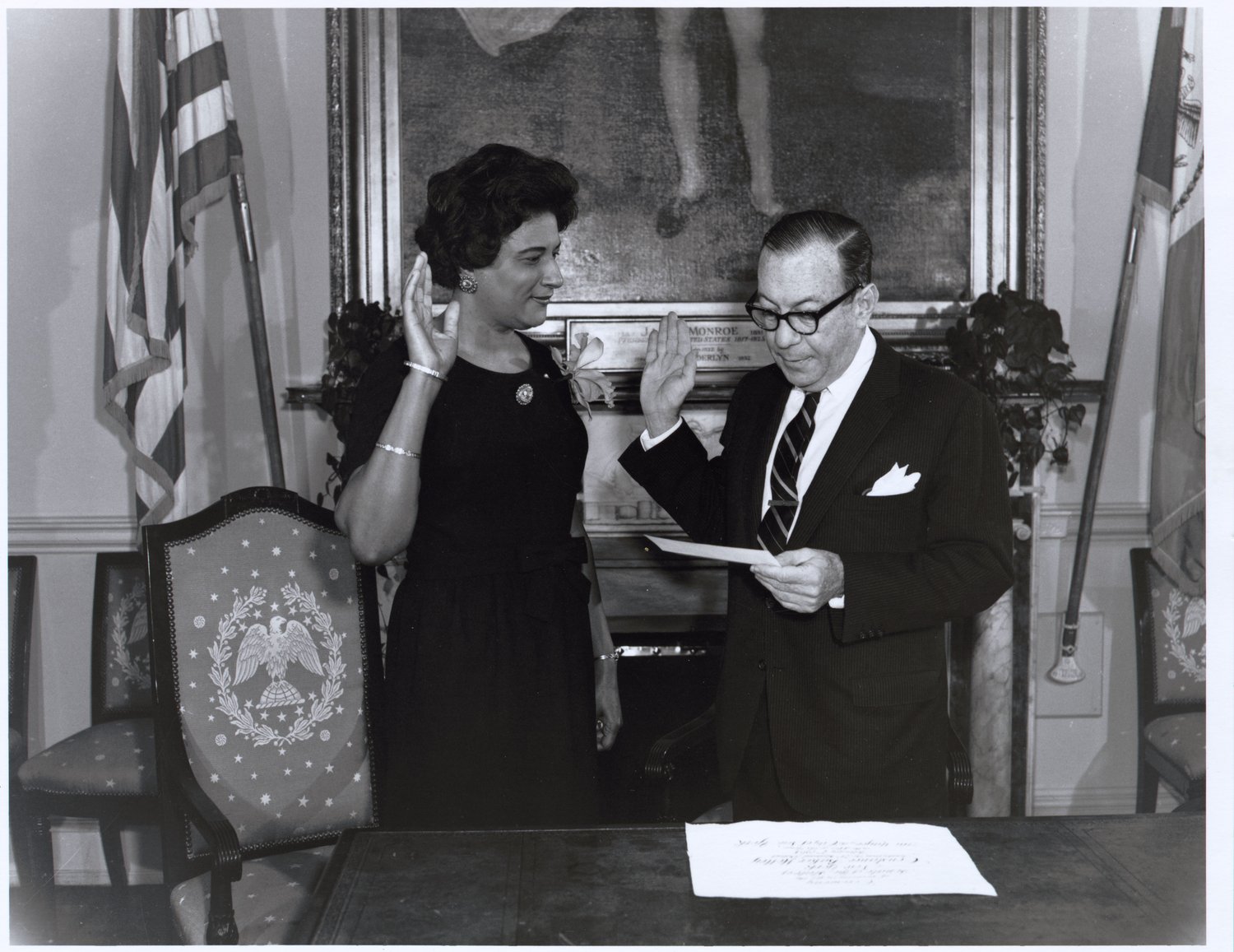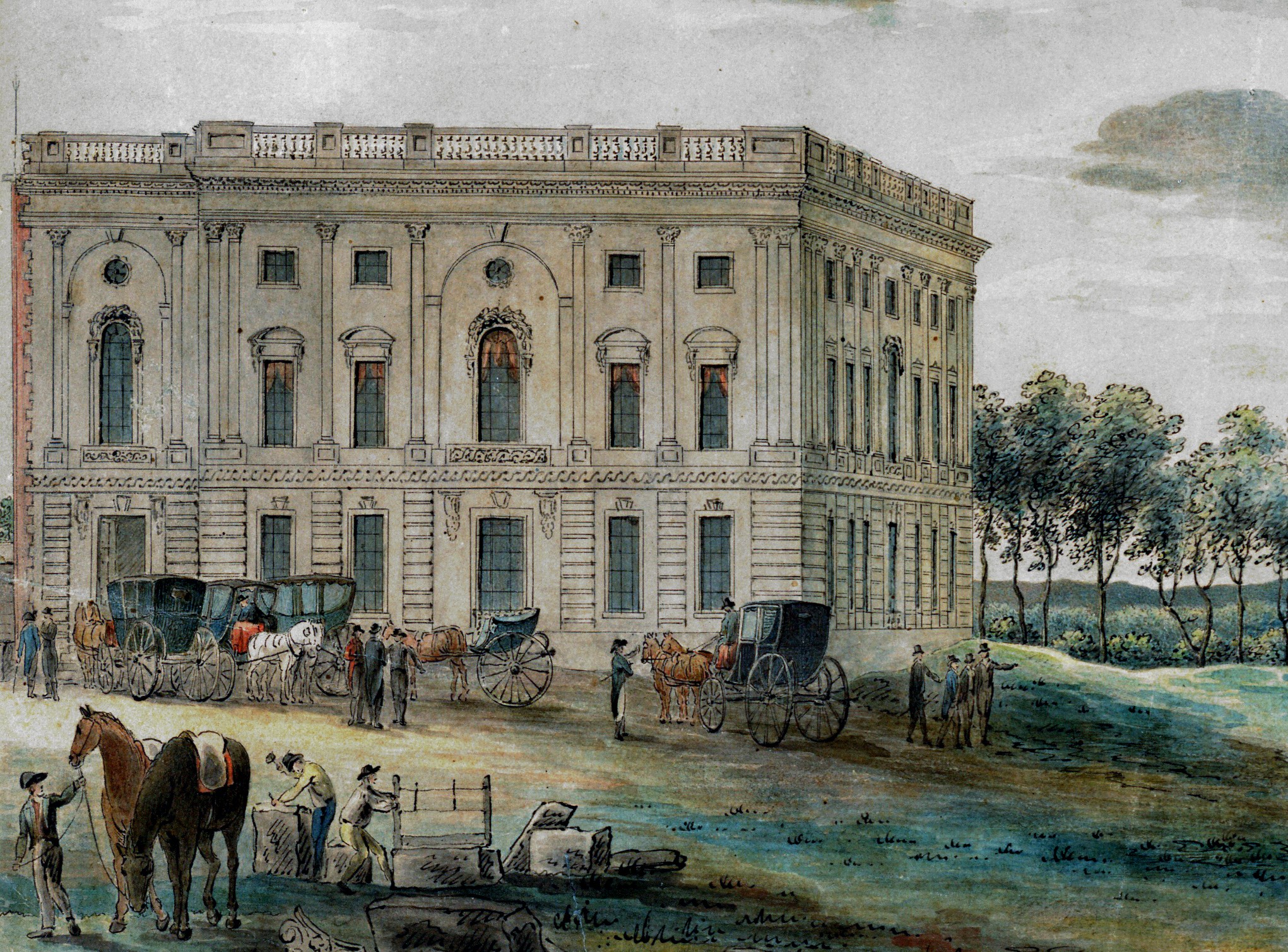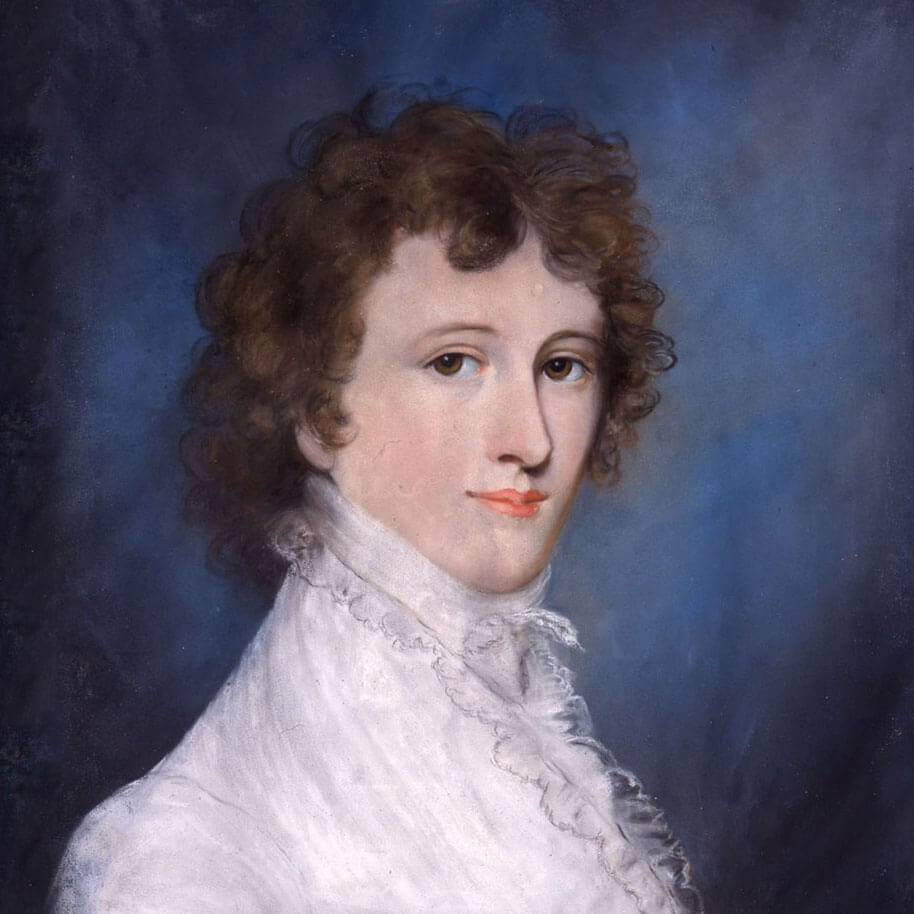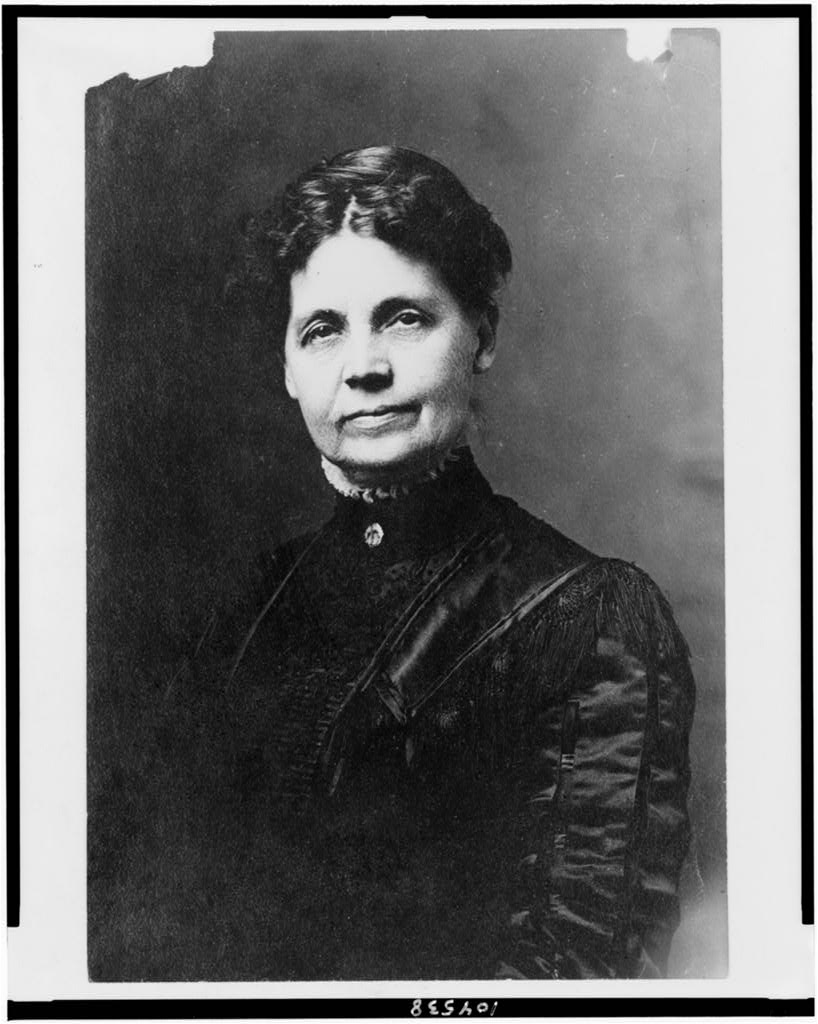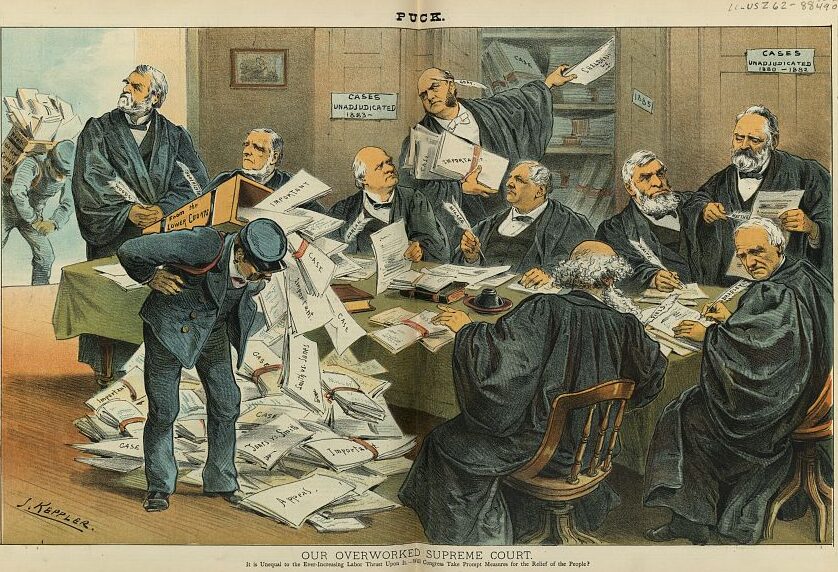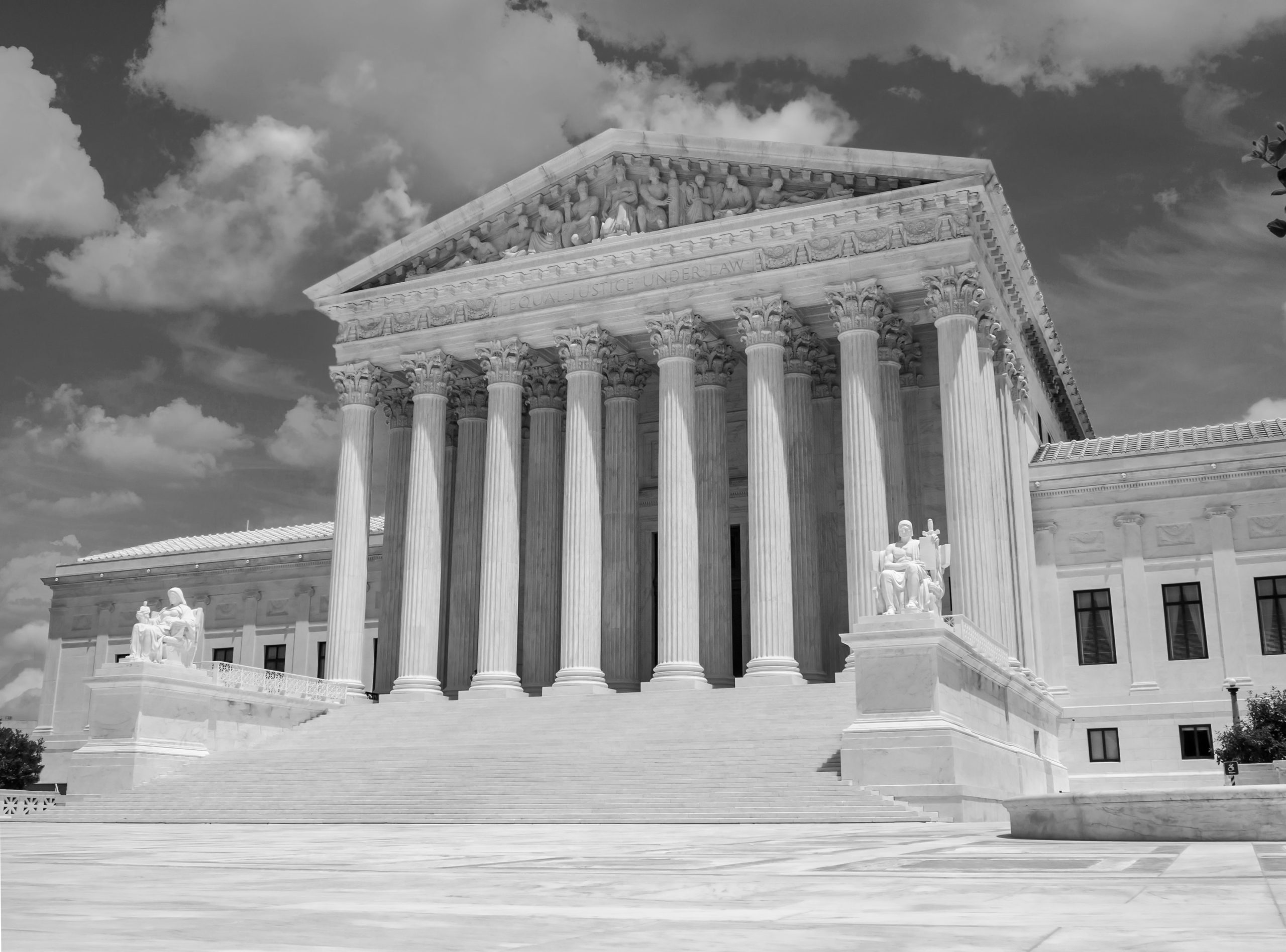
Beyond the Bench
A 225-Year Legacy
Welcome to the Supreme Court Historical Society's CIVICS website which houses free, downloadable curriculum resources for educators, students, and life-long learners. Learn about the history and cases of the Supreme Court of the United States by historical era and gain insights into key figures associated with the Court. New eras will be launched each year.
Customize Your Search For Resources
-
Affirming Judicial Independence
1801-1835
-
Incorporating Rights
1953-1969
-
Rights, Commerce, and Reform
1874-1921
Travel Through Supreme Court History
Discover historical eras, cases, people, and other resources.
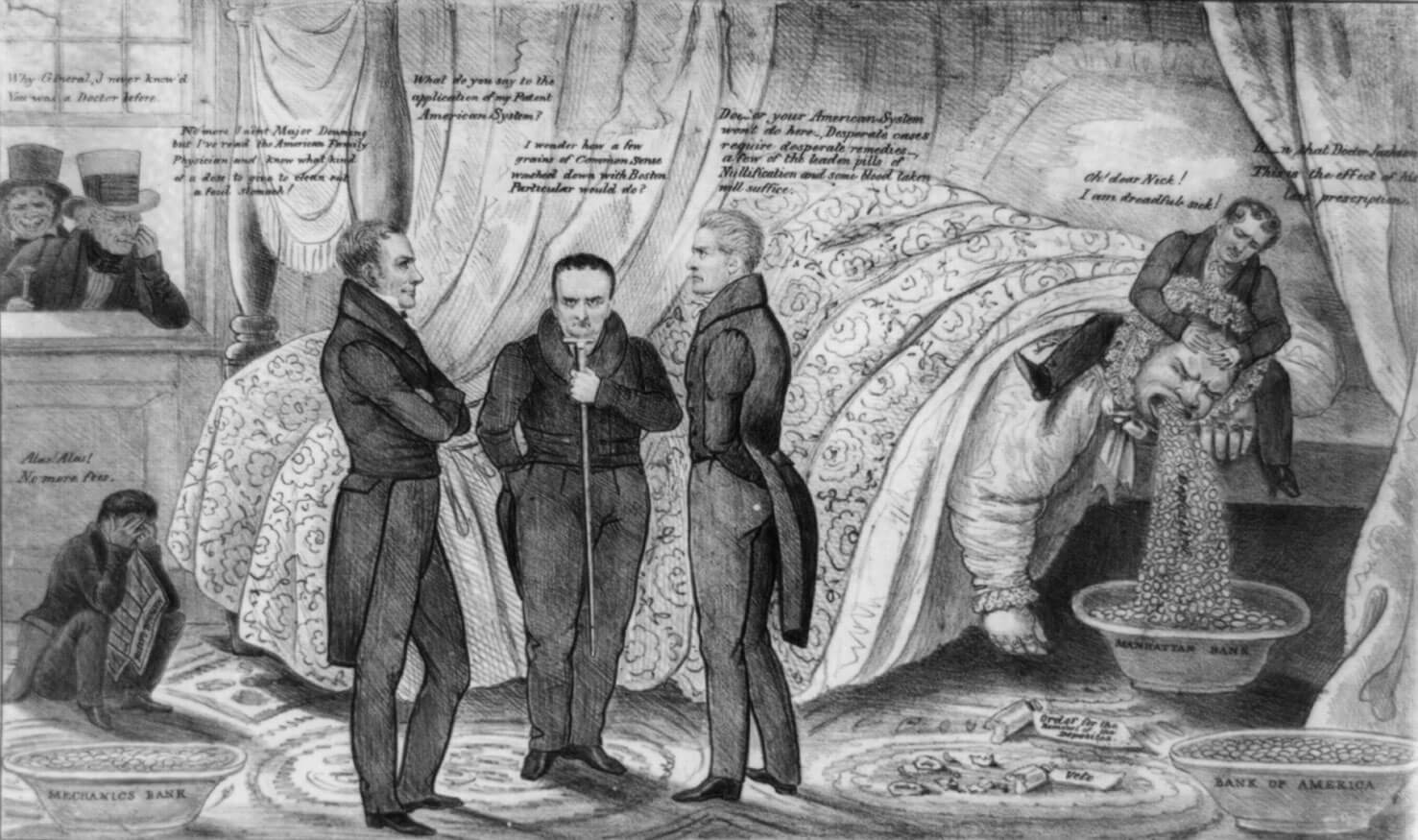

Affirming Judicial Independence
Explore the Era
Through a series of landmark decisions, the Justices of the Marshall Court affirmed the judicial independence of the federal courts, the authority of the Supreme Court, and ensured that the Judicial Branch was an equal branch of the federal government.
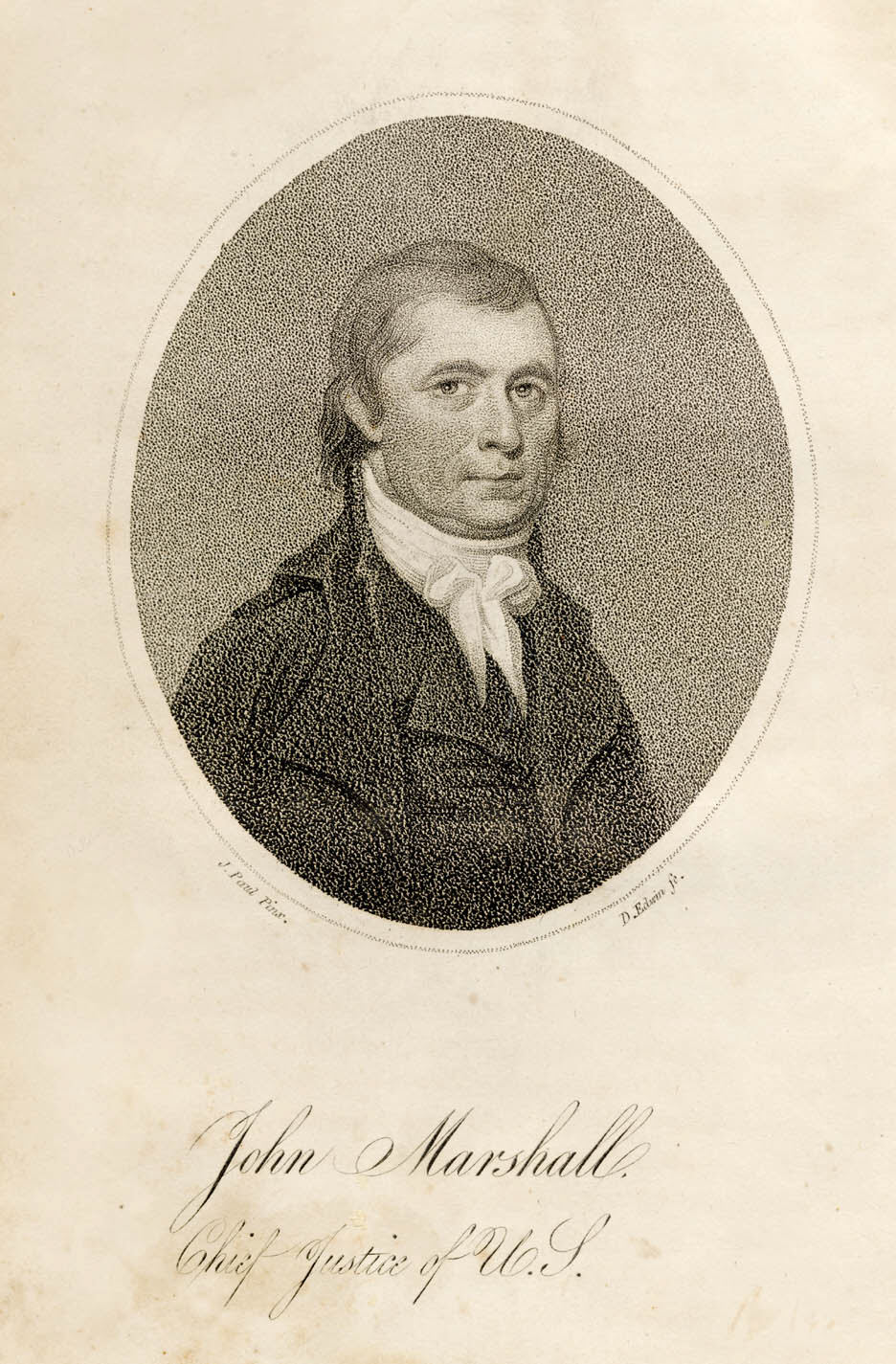
The longest-serving Chief Justice in U.S. history, John is greatly admired for his allegiance to the United States. He is revered for expertly guiding legal institutions to protect the United States as it grew and developed into a successful republic.
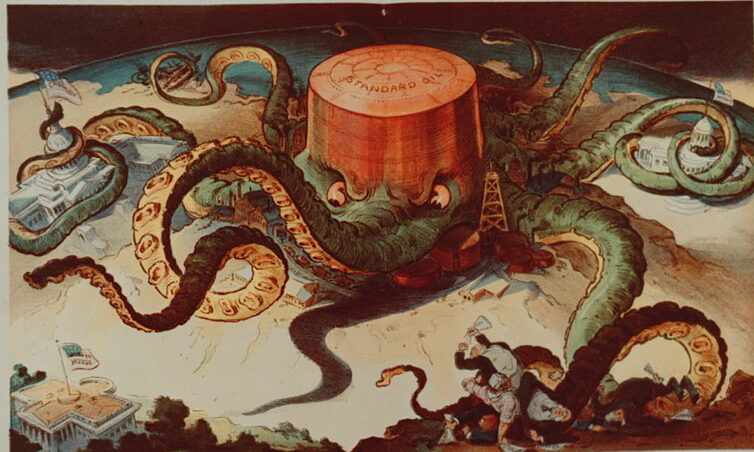

Rights, Commerce, and Reform
Explore the Era
The end of Reconstruction and the start of Industrialization led to a 50-year era where the Supreme Court addressed constitutional questions about rights, commerce, and reform.
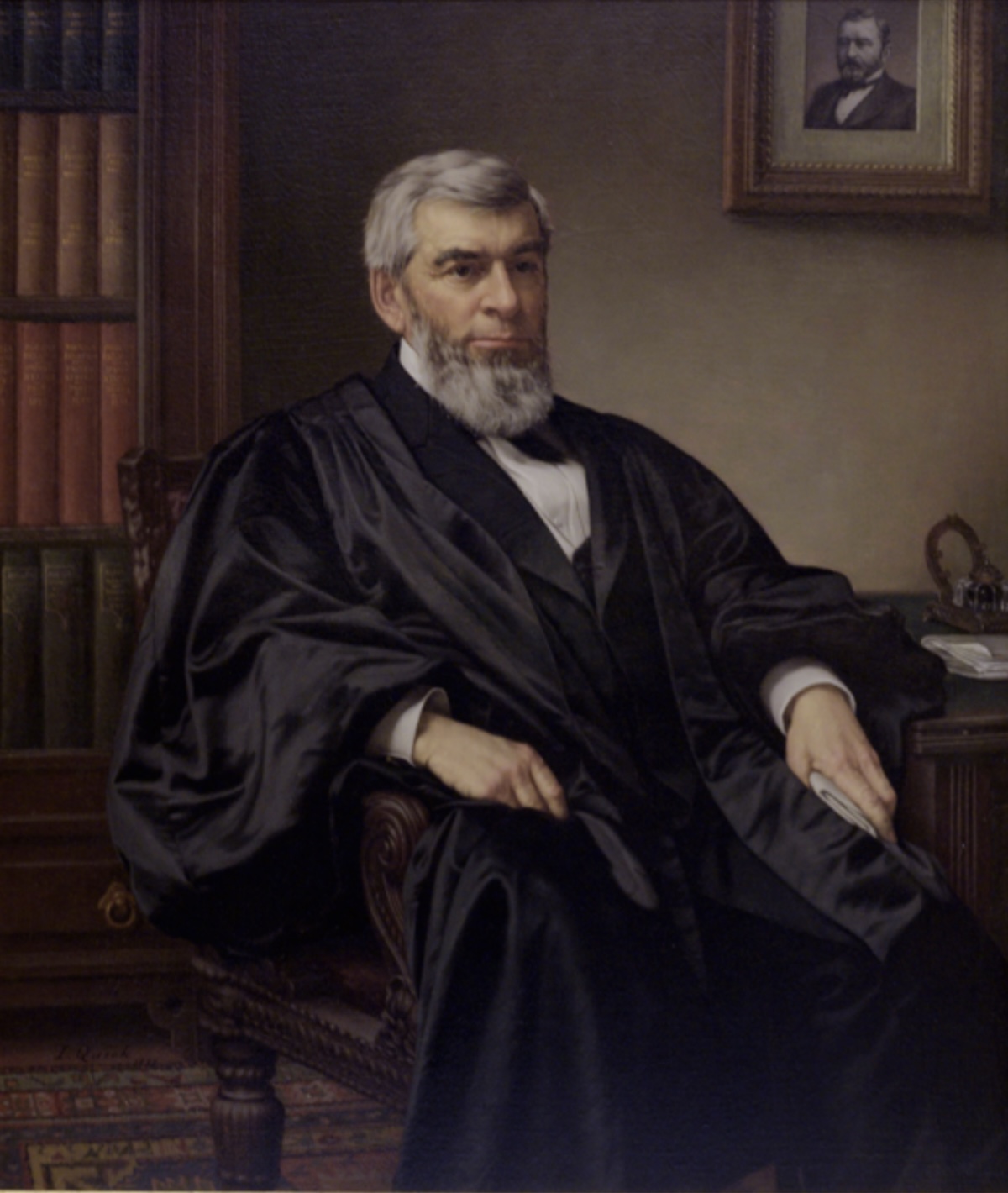
Morrison Waite was the first of three Chief Justices to administer the Court during this 50-year era. He was succeeded by Melville Fuller and Edward D. White.
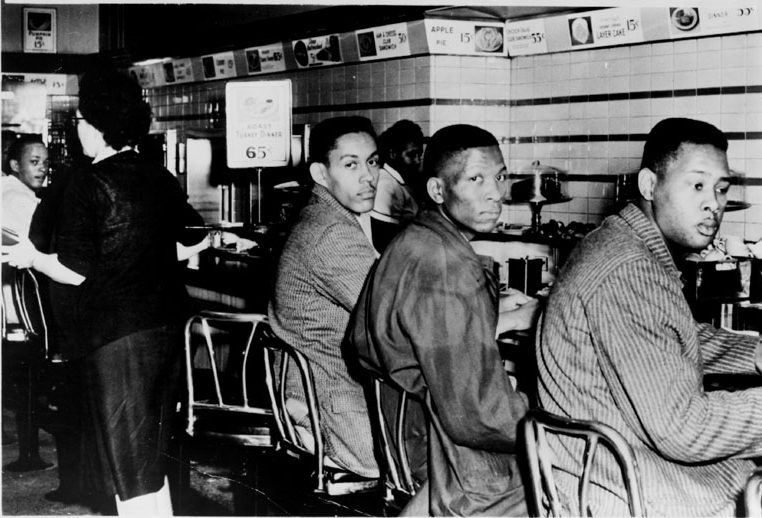

Incorporating Rights
Explore the Era
During the 1950s and 1960s, Supreme Court decisions addressed issues involving individual rights in the civil rights movement, the apportionment of voting, police procedures, and the scope of state power in areas such as birth control and school prayer.
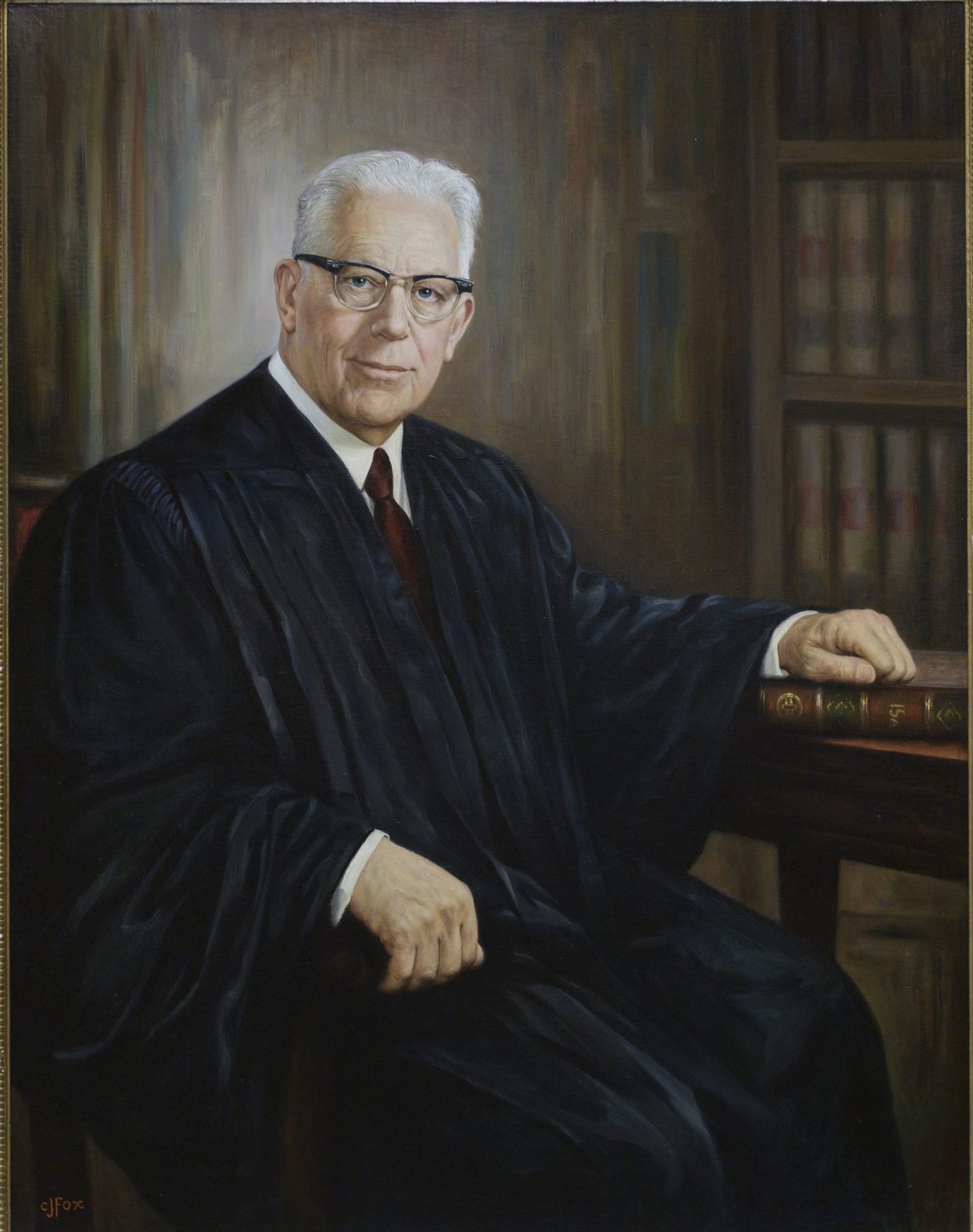
Earl Warren was an accomplished attorney general and California governor who led the Supreme Court as Chief Justice during a 16-year-period of many Constitutional decisions protecting individual rights.
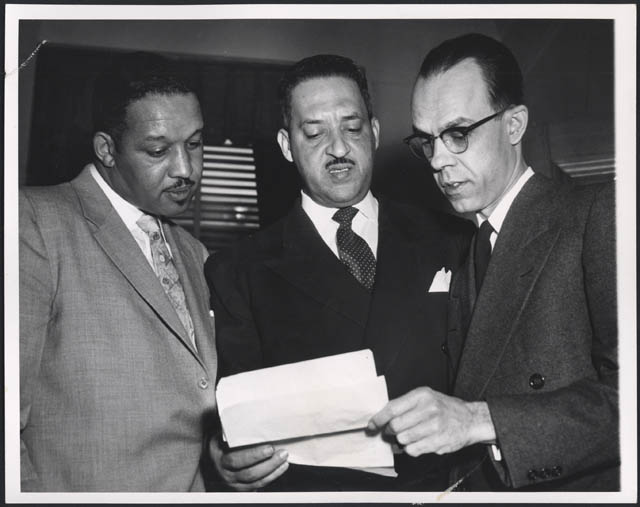
Brown as the Beginning
The landmark Supreme Court decision that declared public school segregation unconstitutional and led to wider civil rights victories in the 1960s.